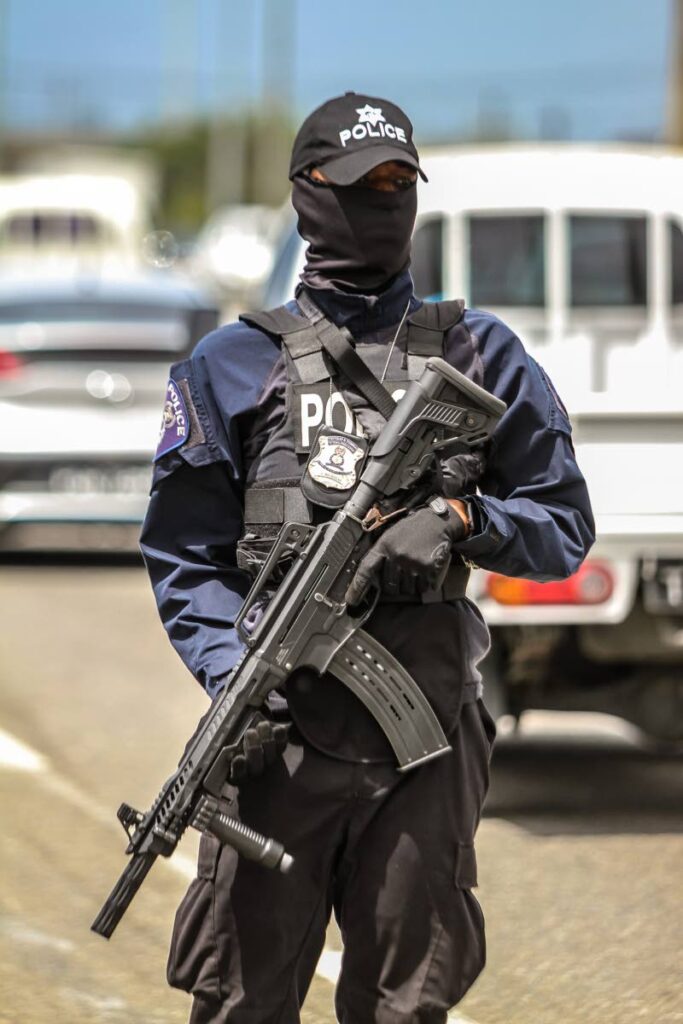Breaking car-theft enterprise

ON MONDAY and Wednesday, Southern Division police raided suspected vehicle thieves.
Two men were arrested in New Grant and 13 vehicles confiscated on Monday. That crackdown led to Wednesday’s major seizure of stolen vehicle parts in the area, with officers estimating the value at as much as $3 million. No further arrests were made.
The police acted based on citizens’ reports, and the investigative teams involved in this operation should be credited for making effective use of the tip-off.
This was clearly an organised criminal operation, one in which engine and chassis numbers were being altered or erased, parts extracted from stolen vehicles and organised for resale and the vehicles taken apart quietly with acetylene torches, cut into halves and quarters for resale.
Divisional Commander Snr Supt Richard Smith described the crime as “a growing enterprise and big money business.” At the New Grant chop shop, officers discovered hundreds of engines, batteries, doors, windscreens, bumpers and other parts. Despite this success, it would be unwise to consider this operation a breakthrough in policing.
For the ringleaders of this criminal organisation, all that’s been lost is the time invested in the original thefts and in reducing the vehicles to saleable parts. The real value of this organised ring is in the people trained to execute the thefts, those who take the vehicles apart and the system that presents them to resellers.
The value of this illegal business is in the human resource and the system and that remains untouched. The impact is widespread.
The market for legitimate parts becomes depressed, potentially increasing prices and insurance premiums get adjusted to meet increased risk.
As a business, vehicle theft for parts is a multi-stage operation and the police service should increase its investigations into each stage of the process. In-demand car parts supply models with either expensive replacement costs or limited stock. Automotive dealers should stem this aspect of the business by ensuring that their support and parts supply for the vehicles they import is adequate and reasonably priced.
The public should be informed about vehicle models which are being opportunistically targeted so that owners can take more robust steps to secure their property.
Officers must step up their review of generic and secondhand parts retailers to ensure that there is proper provenance for parts being offered for sale.
This aspect of the policing exercise should engage the participation of retailers, who should be guided by the experience of scrap-iron dealers when their operations proved to be inadequately self-policed.
Investigators should focus on breaking the system that inspires widespread car theft for parts and ensure that the organisers are identified and charged.


Comments
"Breaking car-theft enterprise"